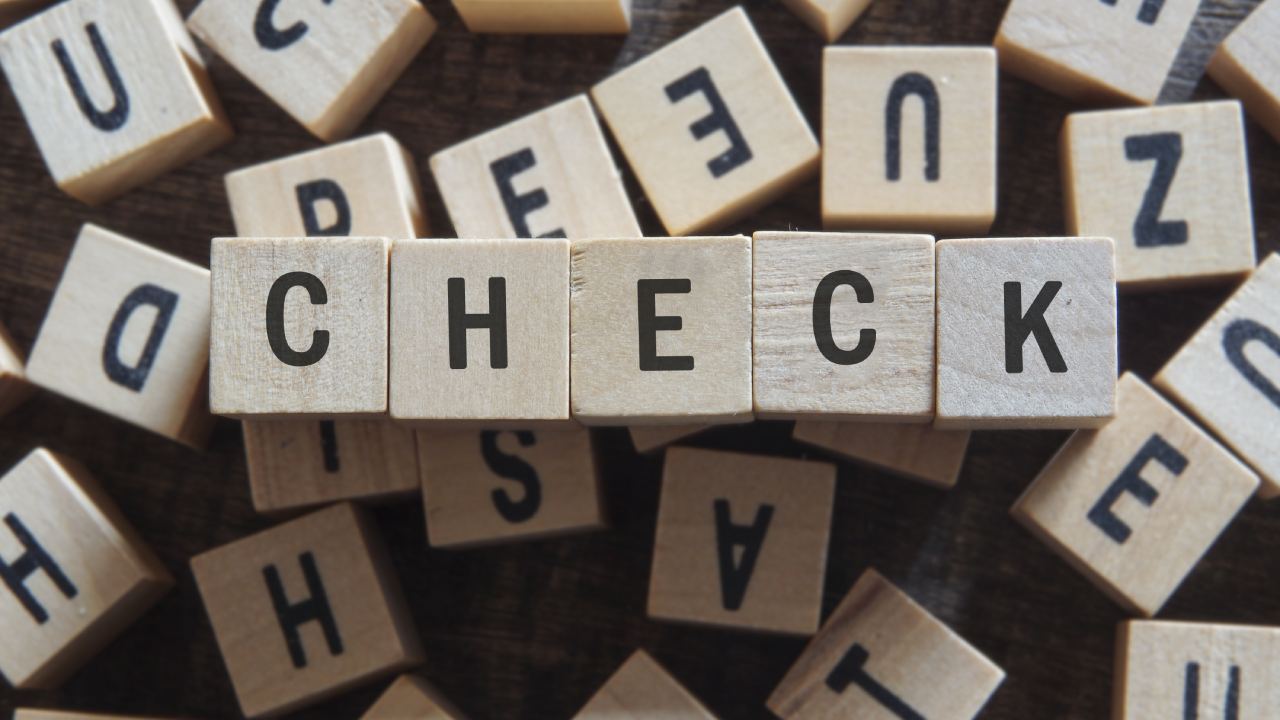10 commonly misused words you need to stop getting wrong

Did you know that every time you misspeak, a kitten cries? Okay, that’s not true. But get these commonly misused words down and you’ll look smarter than ever.
1. Definitive
You think it means: Clearly true or real; clearly stated
Incorrect use: My boss gave a definitive no to my idea for a start-up centred around the Sprocket – a Spring Roll/Hot Pocket hybrid.
It really means: Done or reached decisively and with authority; conclusive
Correct use: Instead, he told me to do a thorough study of the Croissant/Hot Pocket category because he thought there was great demand for a definitive history of the Crocket.
2. Actually
You think it means: Used to emphasise a strongly felt opinion
Incorrect use: I believe that Love Actually is actually the finest film about relationships ever made.
It really means: As an actual fact; used to stress something unexpected or surprising
Correct use: But I may be biased by the fact that the movie was actually recommended to me by both Hugh Grant and Chiwetel Ejiofor, two of its stars.
3. Addicted
You think it means: Having a love or a particularly strong preference for a particular person, place, thing, or activity
Incorrect use: He grew so addicted to his Fitbit fitness tracker that he found himself walking in his sleep in order to rack up more steps.
It really means: Having a compulsive physiological or psychological need beyond one’s control and to one’s detriment for a habit-forming substance.
Correct use: He started playing late-night poker to curb his sleep-walking, and while his nighttime marches ended, he got addicted to Texas Hold ‘Em.
4. Disruptive
You think it means: Unconventional; cutting-edge; bold
Incorrect use: Her blind date told her that the two of them were incompatible because her favourite TV shows were Big Little Lies and Game of Thrones and his tastes were “much more daring and disruptive” than hers.
It really means: Marked by unrest, disorder or insubordination; in business terms, the process by which an innovation enters a market or sector and redefines it
Correct use: The next day, she used her influence with the transit union to launch a disruptive strike that forced him and other commuters to walk miles to work.
5. Granular
You think it means: Extremely detailed or specific
Incorrect use: Much to their dismay, the weary accountants were instructed to go more granular with the budget and break down each of the 20 categories into 256 sub-categories.
It really means: Resembling small grains or particles
Correct use: In shredding the old budgets, a malfunction turned the sheets of paper into teeny-tiny spitballs and the accountants became buried under a granular blizzard of numbers.
6. Tortuous
You think it means: Very painful or unpleasant; like torture
Incorrect use: After sitting through a tortuous, all-mime version of Moby Dick, she found the musical adaptation sung in Icelandic to be enjoyable if a bit noisy.
It really means: Twisting or winding; devious or indirect; circuitous or involved
Correct use: Still, she appreciated the tortuous, decades-long road that the mimers had silently trudged to bring their show to her town.
7. Nonplussed
You think it means: Unfazed
Incorrect use: Jack was nonplussed when his new girlfriend described him as “slovenly” – he had been called that since he was a toddler and took it as a compliment.
It really means: Confused, surprised
Correct use: But Jack’s brother Will was nonplussed when his new girlfriend described him as slovenly – he had always been neat, even as a toddler. Make sure you know these other words that mean the complete opposite of what you thought.
8. Ironic
You think it means: Coincidental
Incorrect use: Patrick told his friend it was ironic that both their children were training to join the police force.
It really means: Using words that mean the opposite of its literal meaning; marked by an incongruity between expectation and reality
Correct use: It’s quite ironic that Patrick’s son was arrested the day after he graduated police academy.
9. Verbal
You think it means: Relating to spoken words
Incorrect use: Nancy gave me a verbal “yes” to my request to have baby animals visit the office on Fridays, but I still need written confirmation.
It really means: Relating to words or language in any form
Correct use: After baby sloth day, I got tons of verbal enthusiasm via email and by the water cooler from coworkers who said it was a hit.
10. Travesty
You think it means: Tragedy
Incorrect use: It was such a travesty that I was sick when there was cake in the office.
It really means: A horribly inferior imitation
Correct use: Then again, I heard down the grapevine that the gluten-free, vegan, keto-friendly cake was a travesty of the birthday cakes I grew up with.
Written by Daryl Chen. This article first appeared in Reader’s Digest. For more of what you love from the world’s best-loved magazine, here’s our best subscription offer.
